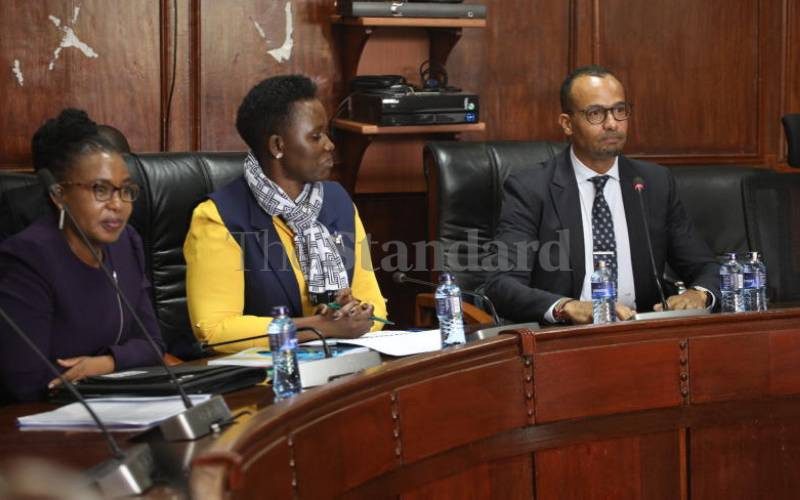×
The Standard e-Paper
Stay Informed, Even Offline

MPs are considering the termination of a multi-million-dollar contract between MultiChoice Africa and the Kenya Broadcasting Corporation, citing it as an unfavourable agreement.
According to documents presented before Parliament, the two parties entered into a contract in 1994, allowing the national broadcaster to air international channels, while MultiChoice was responsible for providing content.